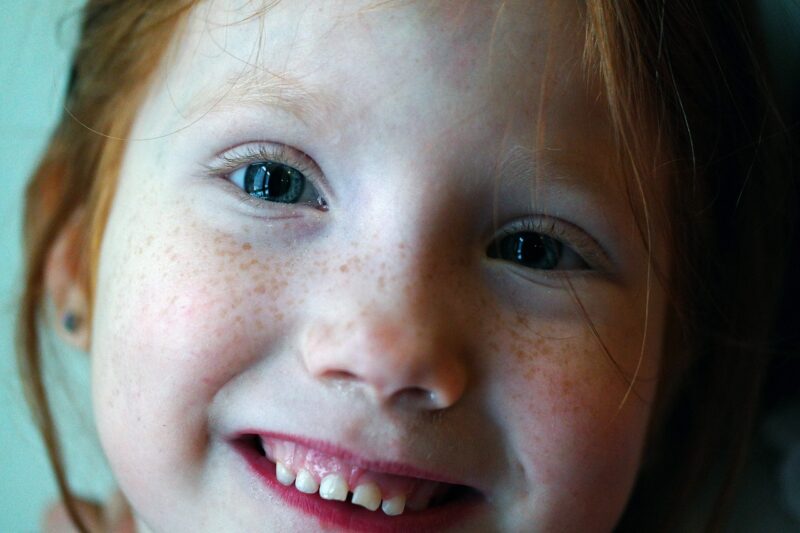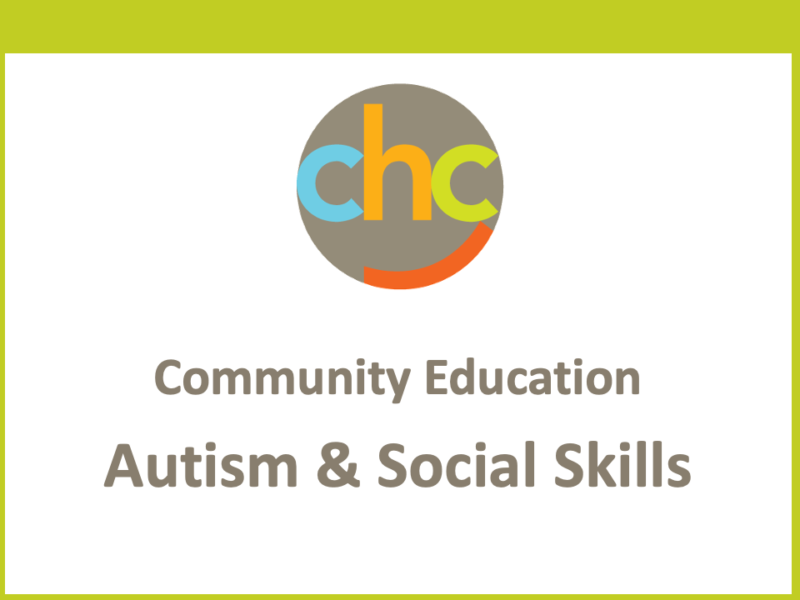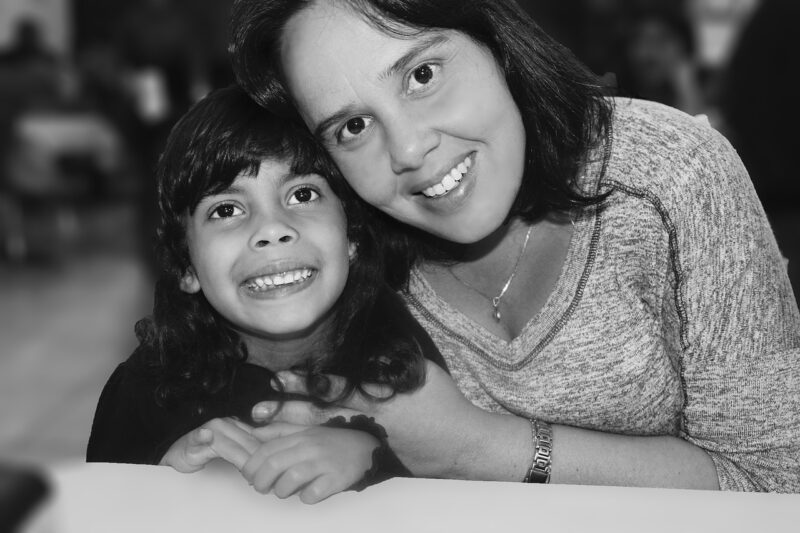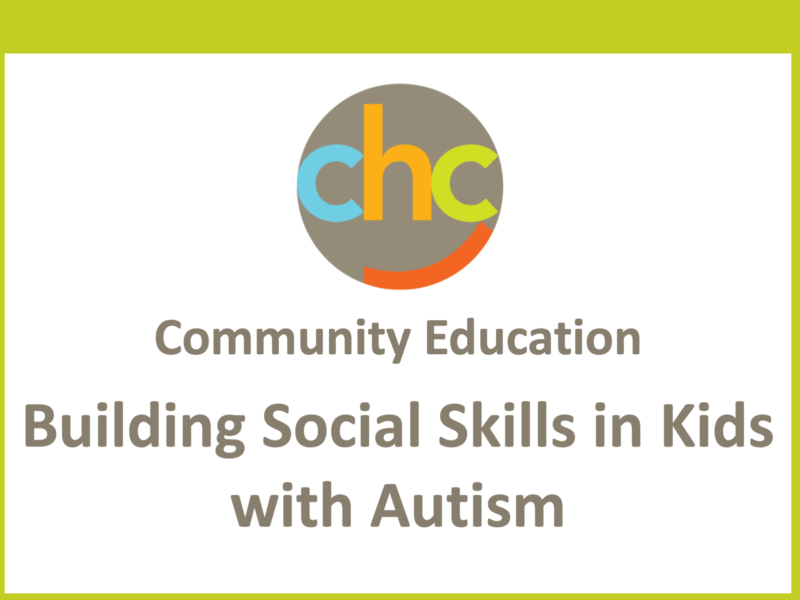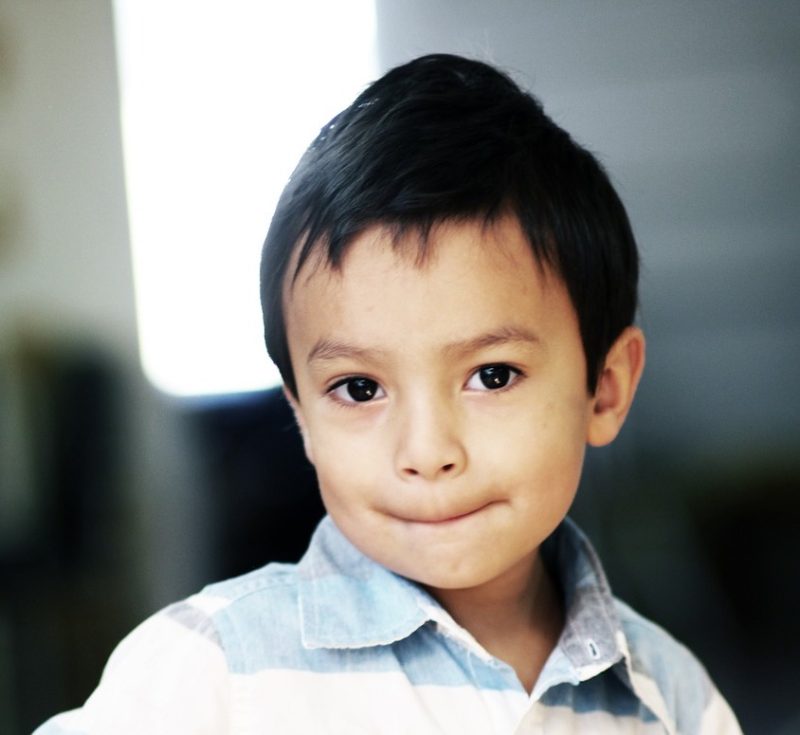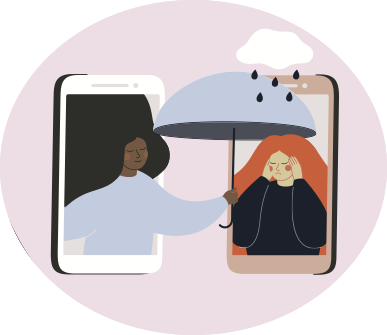
Mental Health and Connection Are More Important Than Ever [downloadable]
Children’s Health Council is leading the emotional recovery with learning and mental health services for kids, teens, young adults and families. Our mission-minded experts are committed to transforming lives with courage, connection and compassion. CHC’s areas of excellence include learning Read more >>
